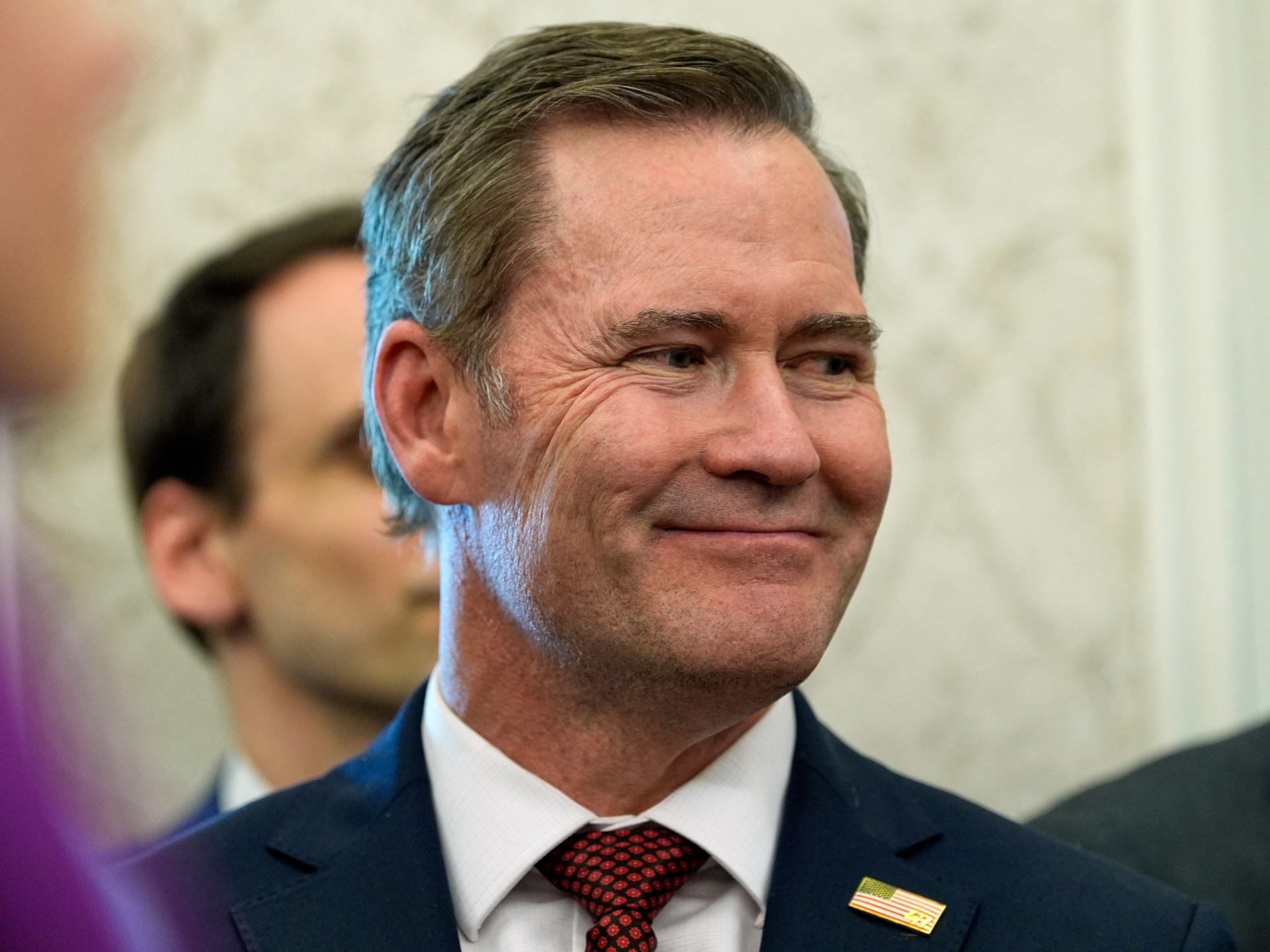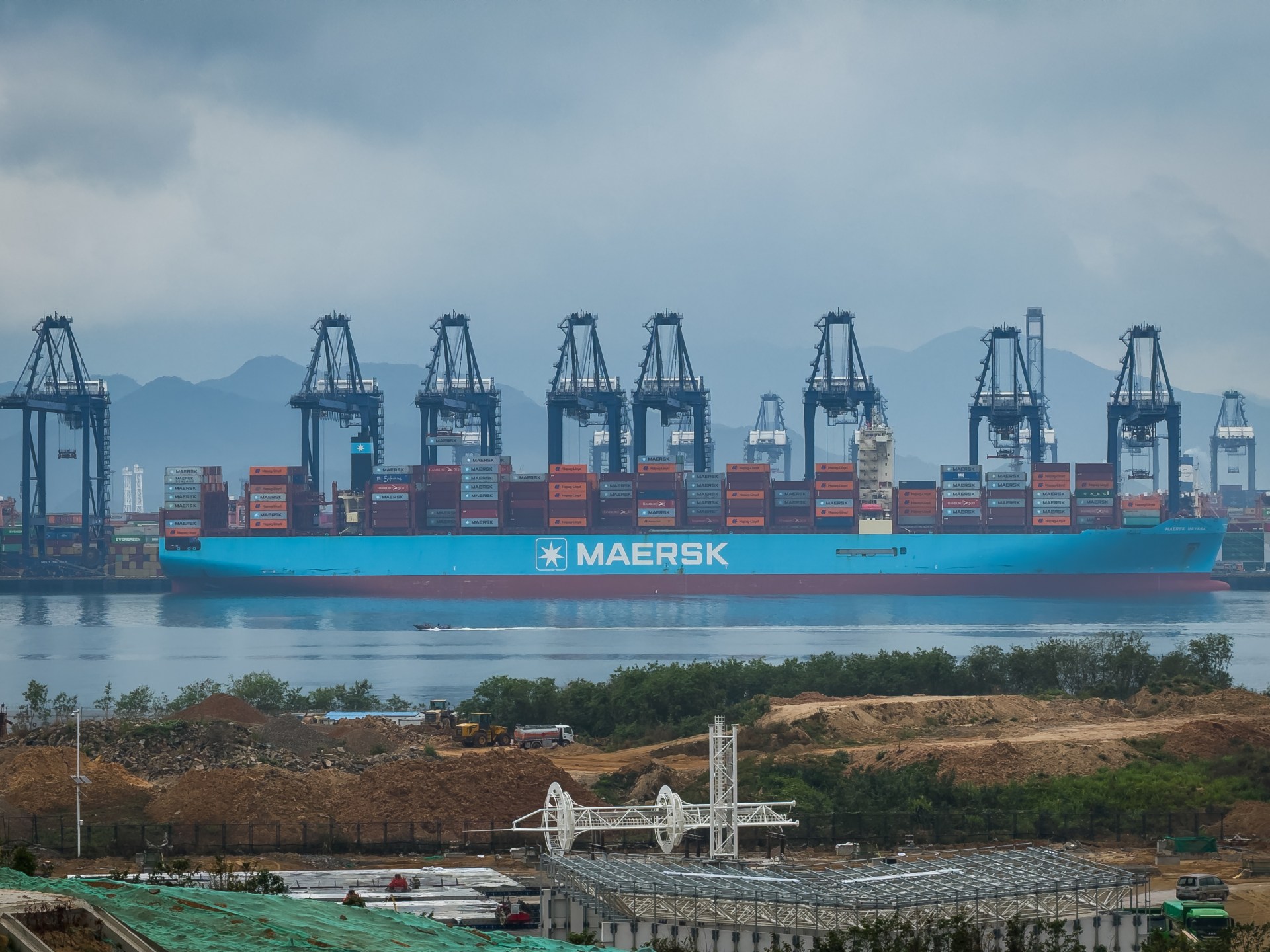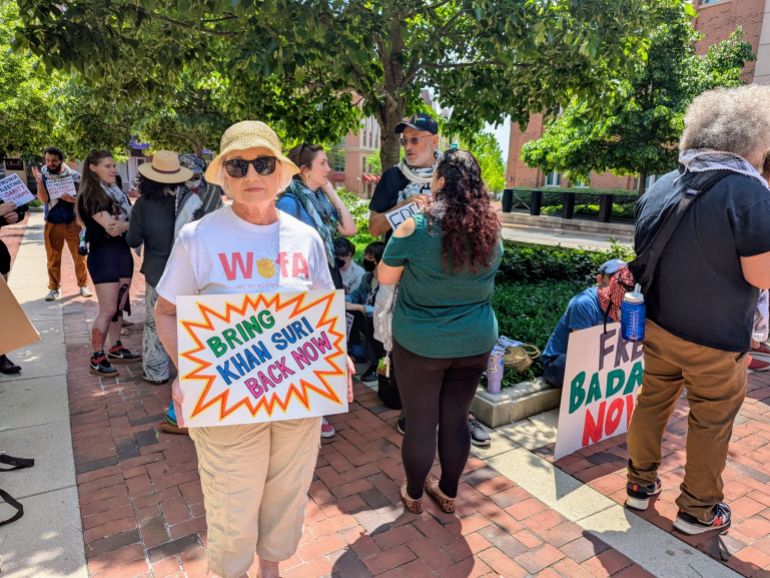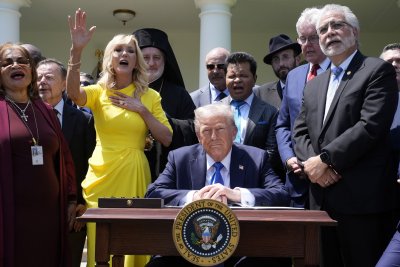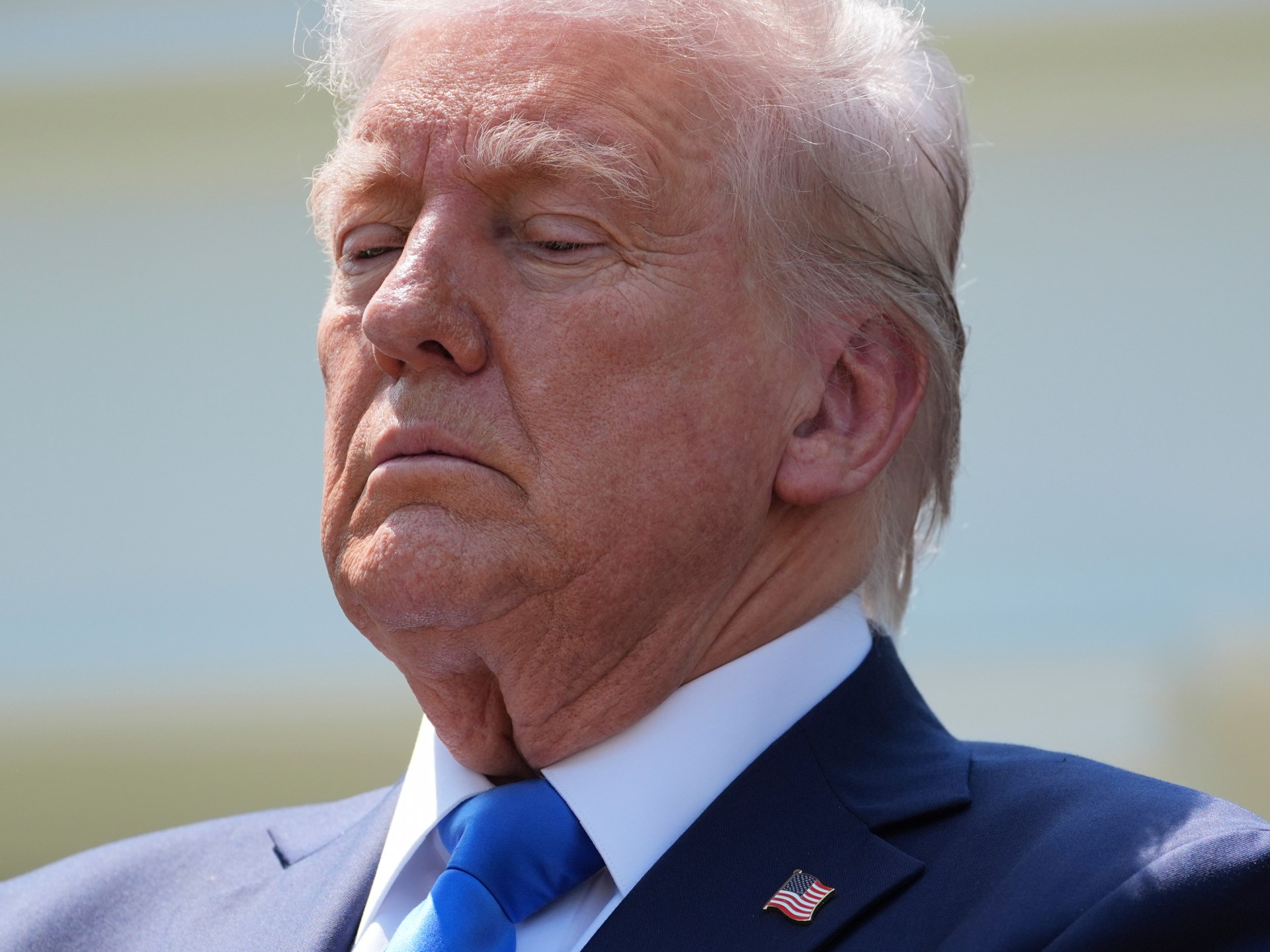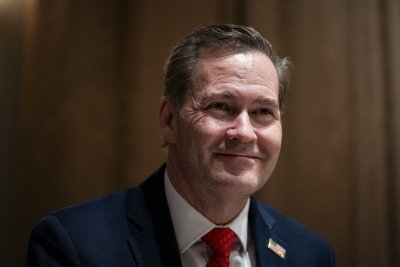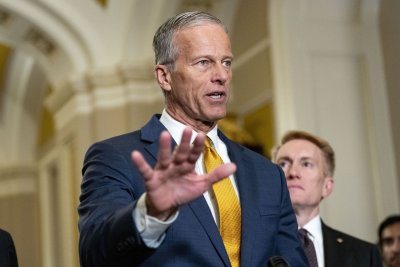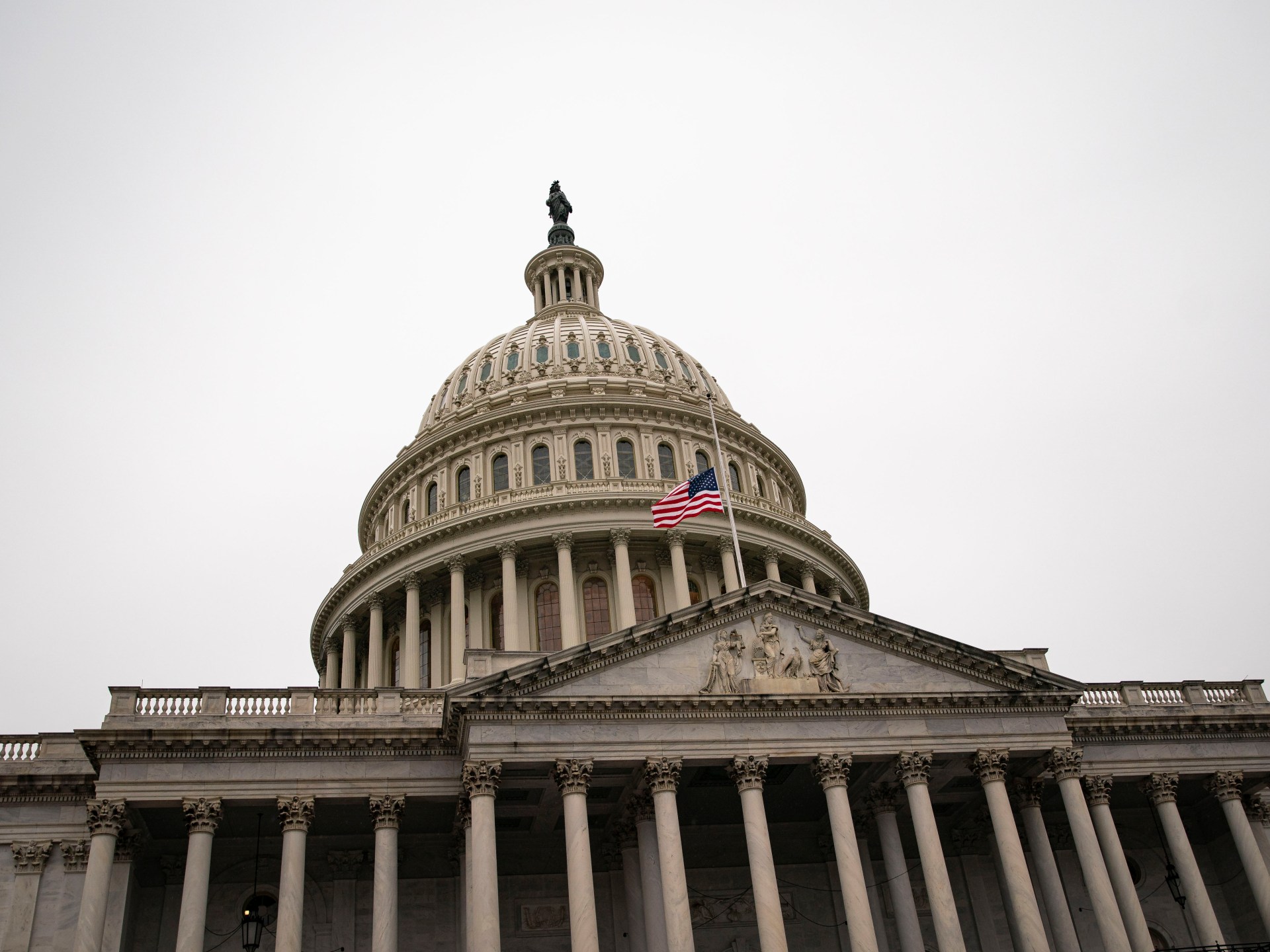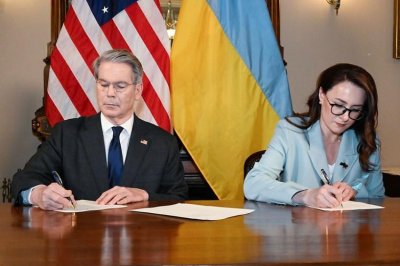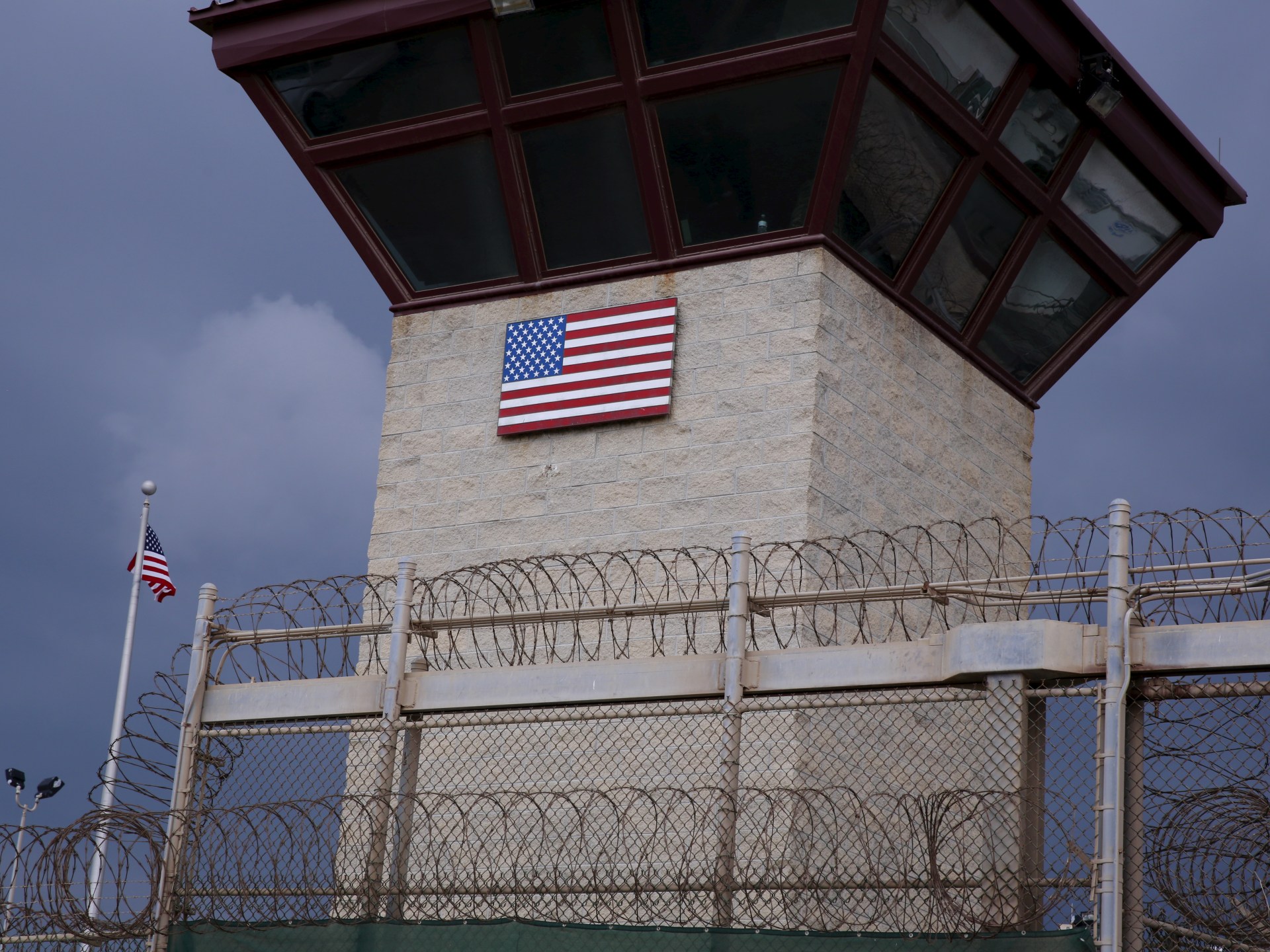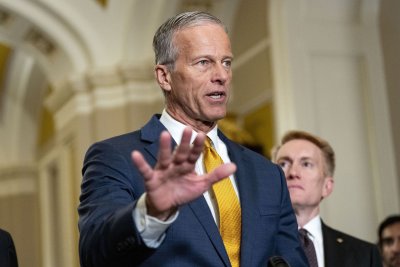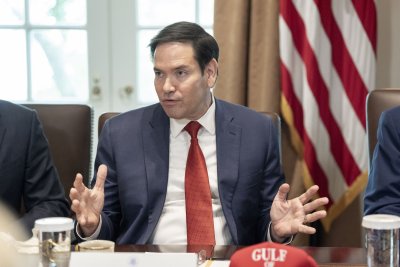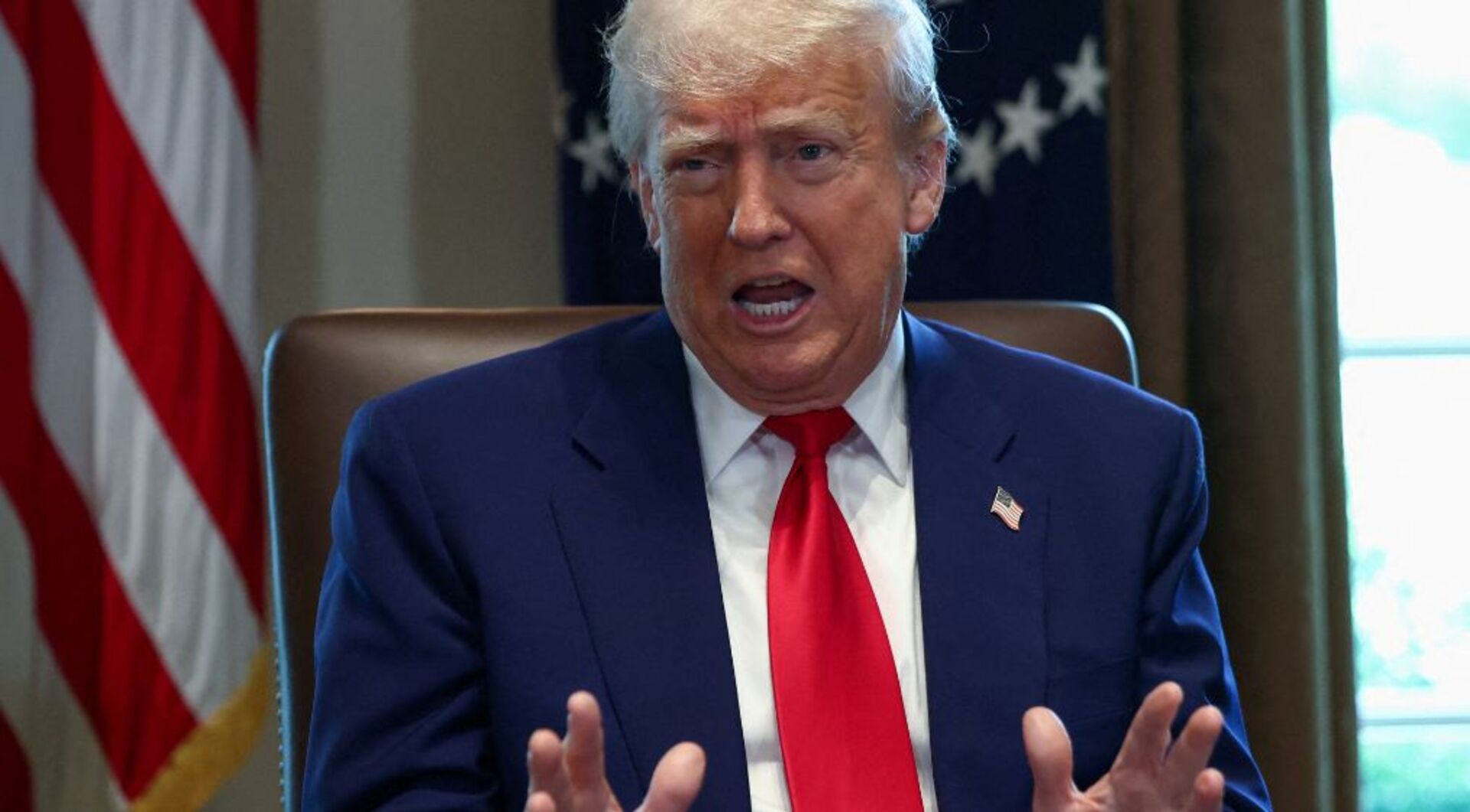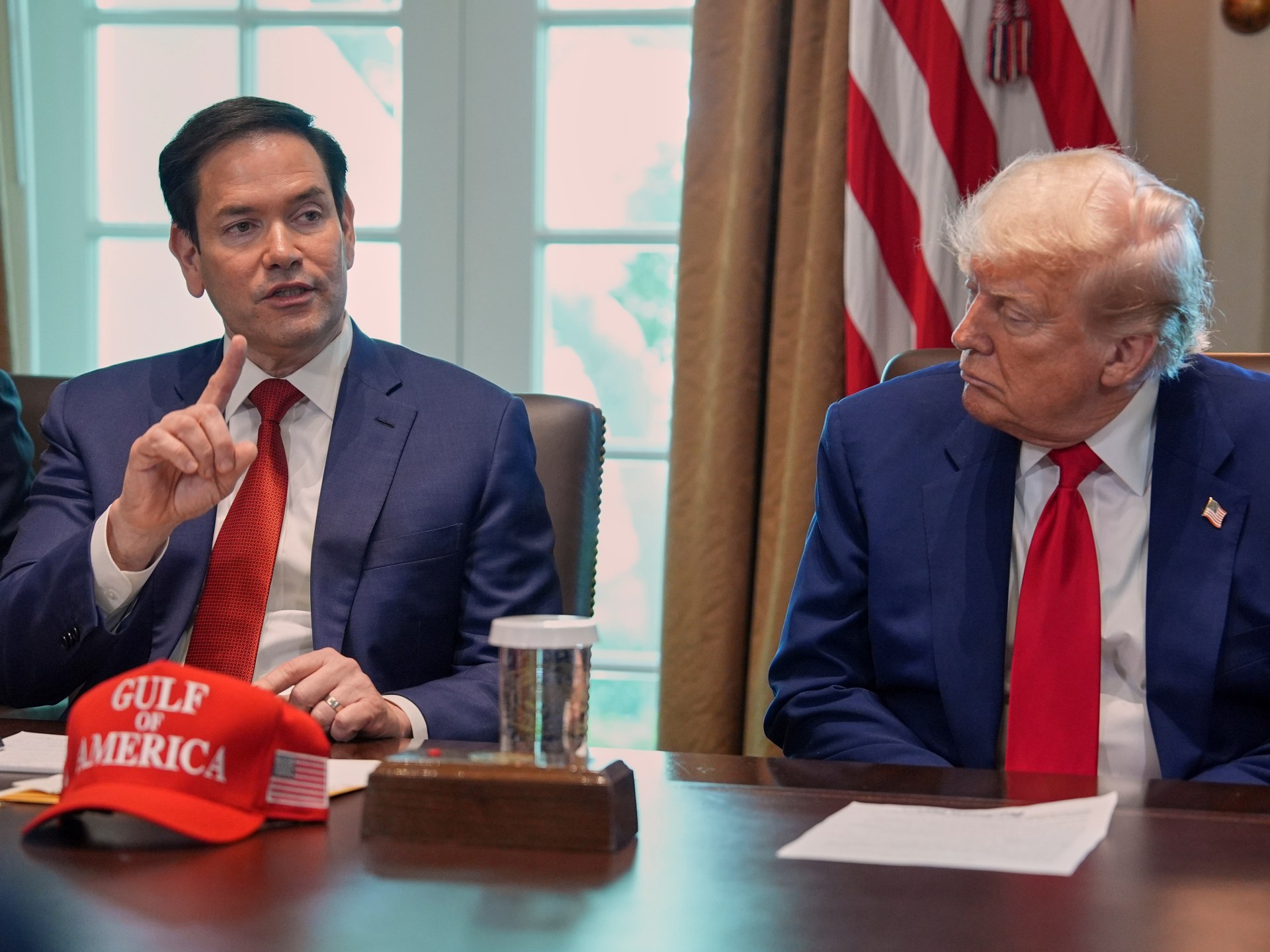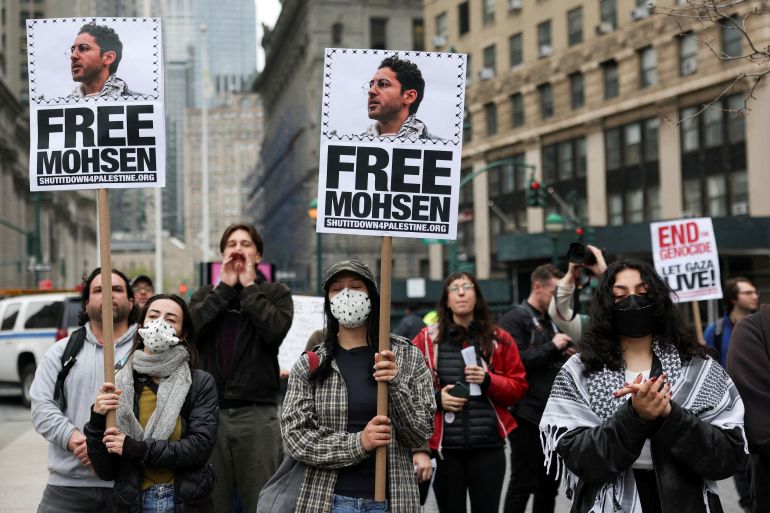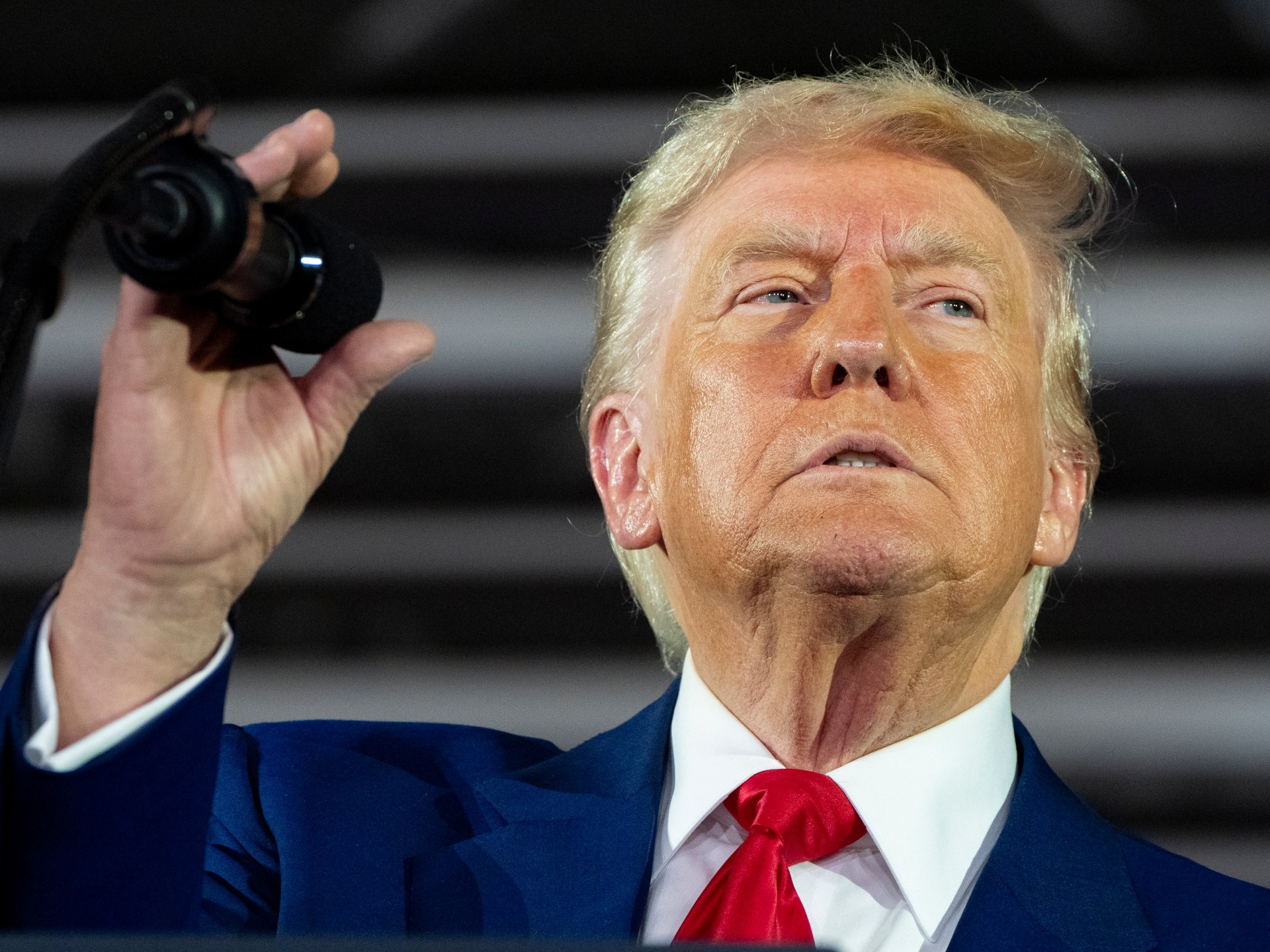Trump replaces Mike Waltz with Marco Rubio as national security adviser | Donald Trump News
United States President Donald Trump has announced he plans to reassign Mike Waltz, removing him from his current role as his national security adviser and nominating him instead to be ambassador to the United Nations.
The revelation on Thursday comes after a morning of intense speculation that Waltz and his second-in-command, Deputy National Security Adviser Alex Wong, had been pushed out of their roles.
“I am pleased to announce that I will be nominating Mike Waltz to be the next United States Ambassador to the United Nations,” Trump wrote on his social media platform Truth Social. “Mike Waltz has worked hard to put our Nation’s Interests first. I know he will do the same in his new role.”
Trump said that Secretary of State Marco Rubio would instead step into the role of national security adviser, while continuing in his role as the country’s top diplomat.
“Together, we will continue to fight tirelessly to Make America, and the World, SAFE AGAIN,” Trump said.
The president’s message seemed to confirm the first major staffing shake-up of his second term. Earlier in the day, anonymous sources had told major US news outlets that Waltz had been forced out, after his relationship with Trump cooled.
Waltz’s reputation has suffered from an incident in which he appears to have added a journalist to a private chat on the app Signal where details of US military attacks were shared.
But Trump has publicly stood by Waltz and refused to mete out punishment for the Signal scandal.
During his first term, Trump also made a habit of cycling through national security advisers. Over his four years in office, he had four different national security advisers, starting with retired Lieutenant General Michael Flynn, who lasted only four weeks.
Waltz was a former US Congress member, who represented Florida’s 6th district starting in 2019. Although he was re-elected to his seat in 2024, he stepped down from his congressional role in January to join the Trump administration.
Previously, he had served in the US army as a Green Beret, a branch of the special forces.
“Mike has been a strong champion of my America First Foreign Policy agenda, and will be a tremendous champion of our pursuit of Peace through Strength,” Trump wrote on November 12, when he first announced Waltz as his pick for national security adviser.
But Waltz’s foreign-policy background has been a source of scrutiny. While Trump has positioned himself as a “peacemaker and unifier” during his second term, promising to end world conflict, critics point out that Waltz has historically taken a more hawkish stance.
He served as a counterterrorism adviser to Vice President Dick Cheney under the administration of former President George W Bush, and he opposed the large-scale withdrawal of US troops from Afghanistan without concessions from the Taliban.
That made Waltz and his staff a target for some among Trump’s “Make America Great Again” (MAGA) base. At a White House meeting in April, far-right social media personality Laura Loomer reportedly criticised national security officials, including Waltz.
After that meeting, Trump fired six National Security Council (NSC) officials, although Waltz and Wong were not among them.
On Thursday, Loomer appeared to celebrate Waltz’s and Wong’s departures on social media. “Hopefully, the rest of the people who were set to be fired but were given promotions at the NSC under Waltz also depart,” she wrote.
But Waltz’s standing in the White House was particularly weakened after the revelation that editor Jeffrey Goldberg from The Atlantic magazine was added to a private chat in which top officials discussed a bombing campaign in Yemen.
In his chronicle of the incident, Goldberg said he received an unexpected invitation from a Signal account identified as Waltz’s. At first, Goldberg questioned whether the invitation was real. But after accepting, he found himself in the midst of a conversation with individuals including Defence Secretary Pete Hegseth, Vice President JD Vance and Secretary of State Rubio.
They appeared to be discussing upcoming plans to bomb targets associated with the Houthis, a Yemen-based armed group. Those details, shared by Hegseth, included the precise timings and aircraft used in the bombing campaign.
Waltz has admitted his role in the scandal, and the White House has since said the issue was “case closed”.
“I take full responsibility. I built the group,” Waltz told Fox News in March. Of Goldberg, he added: “We’ve got the best technical minds looking into how this happened. But I can tell you for 100 percent: I don’t know this guy.”
To take up his new role as UN ambassador, Waltz will face a Senate confirmation hearing — a process he did not have to undergo as a national security adviser. His involvement in the “Signalgate” scandal is likely to take a central role in his Senate questioning.
The UN ambassador’s position has been open since Trump yanked the nomination of Representative Elise Stefanik on March 27, on the premise that her seat in Congress was too valuable — and too vulnerable — to be put up for grabs in a special election.
Waltz acknowledged his nomination to the ambassadorship in a one-line social media post on Thursday.
“I’m deeply honored to continue my service to President Trump and our great nation,” he wrote.
